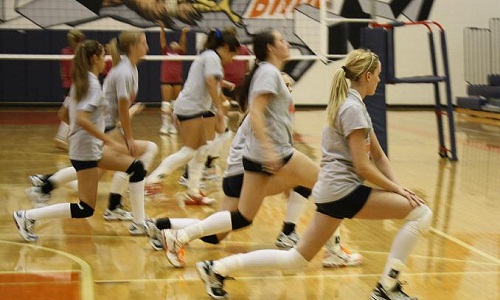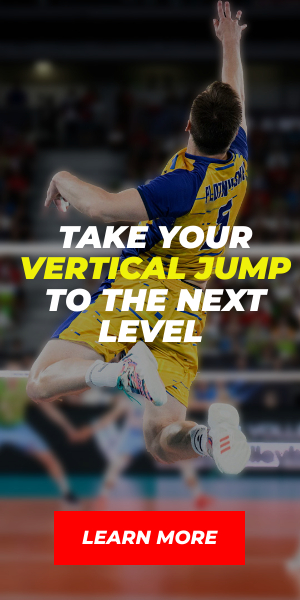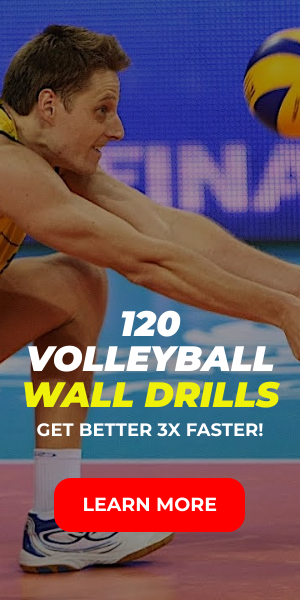Now that you know what the key training areas are for developing your vertical jump, it is time to discuss some of the other areas of training related principles and how to maximize them to significantly improve the effectiveness of your workouts.
WARMING UP
Taking the 10-15 minutes to warm up properly before your workouts is one of the most overlooked, yet highly beneficial things you can do.
A well planned warm up has the effect of increasing both your heart rate and your respiratory rate. This increases blood flow, which in turn increases the delivery of oxygen and nutrients to the working muscles. All this helps to prepare the muscles, tendons and joints for the high intensity work it is about to do.
A good warm up should follow this progression:
1. General Warm Up – Medium intensity cardio vascular training
2. Joint Mobility Work – Specific work to increase range of motion and loosen the joints
3. Activation Work – Primarily focused on getting the glutes to start firing, but can be applied to other muscle groups where required
4. Activity Specific Warm Up – Gradual build up of intensity of activity specific to the training mode (weights or jumping)
1. General Warm Up
The general warm up consists of light to medium intensity physical activity, usually lasting around 5-8 minutes. Preferred exercise of choice for the general warm up is the skipping rope. Jumping rope not only gets the heart going, but it also works a whole bunch of muscles in a low impact environment.
Another favorite warm up option when out on the track is light jogging progressing into some short duration medium to high intensity sprints. Start slowly until you are loose and then throw in some short bursts of speed with a gradual build up of intensity.
2. Joint Mobility
The goal of the joint and mobility work is to increase the range of motion you can safely achieve and to help loosen up the muscles around the joints. After performing some simple dynamic stretches perform the following drills:
Hip mobility – step overs and unders
High Marching step ups
Deep bodyweight squats
Perform a quick circuit of these doing 2 sets of 10 reps each.
3. Activation Drills
One of the curses of modern day living as far as athletic performance goes is all the sitting that we do. This creates two problems, the first is that it tends to shorten peopleship flexors which can ultimately lead to all sorts of movement issues, and the second is that it tends to make our glute muscles lazy.
To help fix that you need to do a few glute activation drills. The two I recommend are glute bridges and kettlebell swings, for both these drills you should emphasize squeezing your glutes at the top of the motion.
Single and double leg glute bridges– 2 x 6 reps (holding for 1-3 seconds each rep)
Light kettlebell swings – 2 x 10 reps
If you do not have access to a kettlebell you can use a dumbbell or a weight plate with handles.
4.Specific Warm Up
Once you have completed the first three steps the last phase of your warm up is the specific warm up. In this section you are trying to start priming both your CNS and the muscles used for the specific high intensity work you are about to perform.
Start with some box jumps, or frog jumps to get the CNS fired up. A few quick sets of an explosive movement like this sends the message that there is work to be done and can really help you get in the right frame of mind to train.
For weight training you would then include 3-4 sets of progressively heavier weights and lower reps until you are ready to move the loads of your working weight.
For jumping and plyometric sessions the same principle applies except you would perform lower 50 intensity jumps, building up to higher intensity until you were physically and mentally ready to go all out in your working sets.





